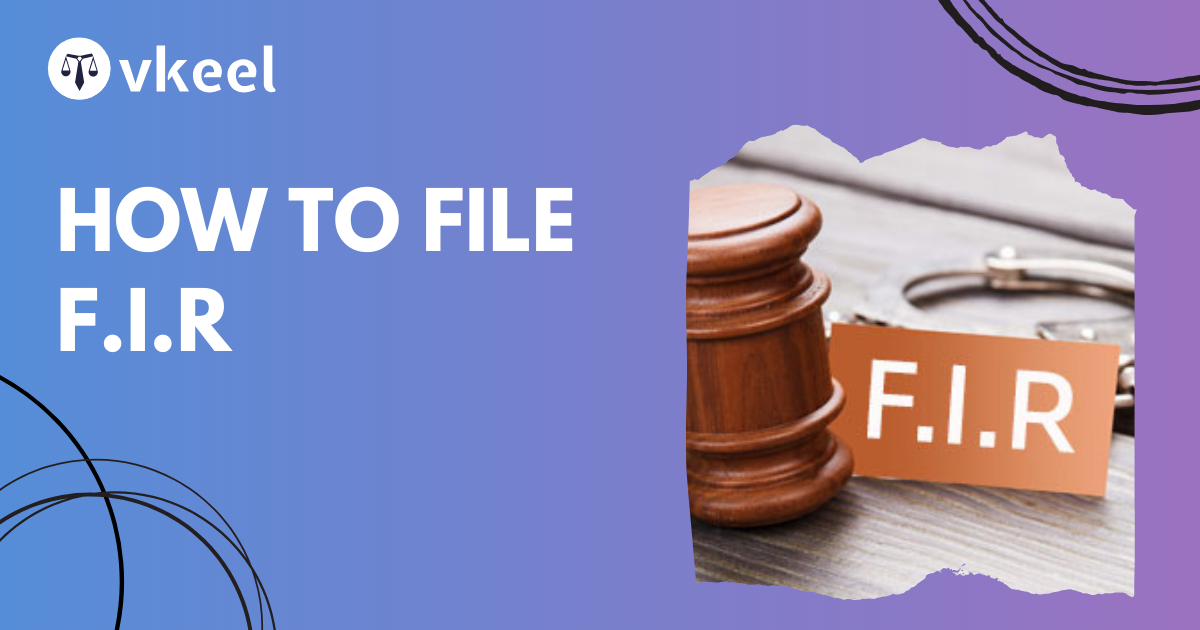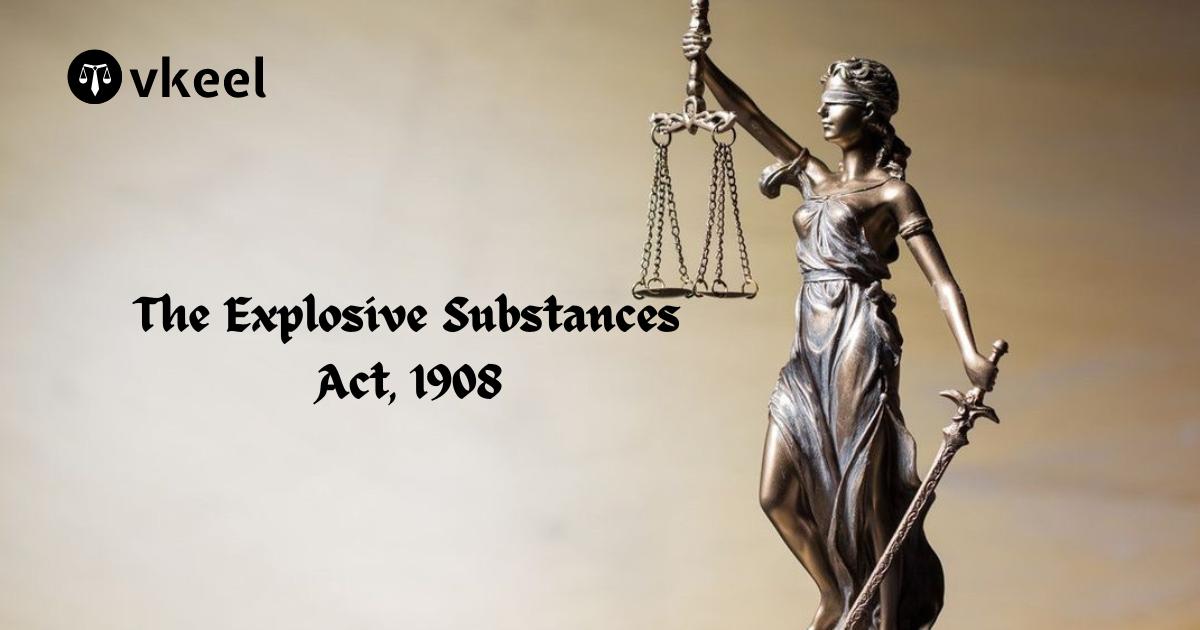How to file an F.I.R
By Himanshu Kumar
Table of Contents
Introduction
In India , filing a First Information report (FIR) is a critical step in the criminal justice process. It marks the initiation of an investigation into a cognizable offence and sets the stage for legal action. Over the years the process of filing FIR has evolved through legislative amendments and landmark court decisions, shaping the rights and obligations of both complainants and law enforcement agencies.
FIR is not define anywhere in criminal procedure or in any Indian legislature. Consider a situation , where you see that a crime is taking place in front of you and you don’t know how to proceed and take action in respect of that crime and different situation that take place in our day to day life or in society.
As per the recent findings of the National Crime Records Bureau (NCRB), the reported crime rate in India for 2023 stood at 445.9 per 100,000 individuals . These crimes are those which got registered but there many crimes or dangerous situation which never got registered , didn’t came into the knowledge of the concerned authorities due to social stigma , fear of influential people etc.
Filing an FIR is a fundamental right and a critical steps towards seeking justice for victims of crime . It is essential to understand the legal process , recent amendments, and case law related to FIR’s to navigate through the criminal justice system effectively.The main motive of this blog is to make people understand what to do when a crime take place in front of their eyes and how to react effectively in such traumatic situation.
Types of F.I.R
There are many kinds of F.I.R. some of them are:
General F.I.R
General F.I.R is a F.I.R logged by a aggrieved party or by the first party against the another party in general transaction in the nearest police station.
Zero F.I.R
In cases where the offense occurred outside the jurisdictional area of the police station where it’s reported , a “Zero FIR” is filed initially to allow for immediate investigation before it’s transferred to the appropriate police station.
Cross F.I.R
When two parties file complaints against each other for the same incident , cross FIRs are registered.
Multiple F.I.R
When the aggrieved parties make multiple F.I.R on the same cause of action is called multiple F.I.R . In case of “ Surender kaushik vs State of U.P“, the court reaffirmed its position on filing of multiple F.I.R, merely to safeguard the inquiry from getting jeopardise by multiple complaint on the same crime by separate sources. At last ,the court says that multiple F.I.R can be filed , only if later informer provides new version of the suspected crime.
F.I.R(First Information Report) Process
An FIR is a formal document that records information about an alleged offense. It is typically filed at the nearest police station having jurisdiction over the area where the offense occurred.
The procedure of filing an FIR involving the following steps:
Visit the Police Station
The complainant (victim, witness or any person aware of the offense) visits the police station to report the incident.
Provide Information
The complainant provides the details about the offence , including the date, time , location and nature of crime , as well as information about the accused.
Recording the F.I.R
The police are obligated to register the F.I.R based on the information provided . The F.I.R based on the information provided. It is an important legal document and must be recorded accurately.
Receipt of F.I.R
Once the FIR is registered, the complainant is entitled to a copy of the FIR free of cost. This copy is essential for future reference and legal proceedings.
Registration of F.I.R
The police officer must register the FIR immediately upon receiving the complaint.There should be no delay or refusal in registering an FIR for a cognizable offense.
Recent Legislative Amendments
The process of filing an FIR has undergone significant changes through legislative amendments aimed at improving transparency, efficiency and accessibility.
Some notable amendments impacting the FIR process include:
Criminal Law (Amendment) Act,2013
This amendment broadened the definition of sexual offenses and enhanced penalties . It also introduced new offenses such as acid attacks and stalking.
Code of Criminal Procedure(Amendment) Act,2008
This amendment mandated compulsory registration of FIRs for offenses like rape and specified timelines for police investigation.
Protection of Children from Sexual offences (POCSO) Act,2012
This act strengthened laws related to crimes against children and mandated special procedures for handling such cases.
Right to Information Act , 2005
This act allows citizens to access information related to FIRs and police investigations , promoting transparency in the criminal justice system.
Case law which influenced FIR Filing
Several landmark court judgements have shaped the FIR filing process and established important precedents. Here are some significant cases:
Lalita kumar vs. Government of Uttar Pradesh(2014)
The Supreme Court ruled that registration of an FIR is mandatory if the information discloses a cognizable offense, and no preliminary inquiry is required prior to registration.
State of Haryana vs. Bhajan lal (1992)
The Supreme Court laid down guidelines to prevent the misuse of the FIR process, directing the police to conduct a preliminary inquiry to verify the authenticity of the information before registering an FIR in cases lacking substantial evidence.
Sakiri Vasu vs. State of Uttar Pradesh (2008)
The court emphasized that refusal to register an FIR without conducting a preliminary inquiry is against the law.
Threats
Despite legislative reforms and judicial interventions, challenges persist in the FIR filing process in India. Some of the common threats include:
Under Reporting of Offenses
Many crimes go unreported due to fear , social stigma or lack of trust in the police. These situation are generally appearing because of certain loopholes in the system and administration.
Misuse of FIRs
There are instances of false or malicious FIRs being filed for personal dispute. These FIRs are generally made to degrade somebody identity and character in society and such FIRs got registered due to some political or social influence.
Suggestions
To tackle above mentioned threats , there are some suggestions:
Promote Awareness
Conduct public awareness campaigns to educate citizens about their rights and the FIR filing process. The most important concern that should be taken care of is that the awareness should be conducted in regional languages, so people can easily understand the seriousness of the issue.
Enhance Police Training
Provide specialized training to police personnel on handling FIR’s sensitively and efficiently.This is the initial step where a individual comes to police for help and there are many instances where our system and administration got paralyze because lack of communication , trust at this stage only.
Strengthen Legal Aid
Ensure access to legal aid for complainants, especially vulnerable groups. Such steps will protect the rights of people and provide justice to them.
Conclusion
Filing an FIR is a critical step towards seeking justice for victims of crime in India. Recent legislative reforms and judicial pronouncements have aimed to streamline the FIR process, enhance accountability , and protect the rights of complainants.
However, challenges remain, necessitating continuous efforts to improve awareness, accountability and efficiency in the criminal justice system. By upholding the principles of transparency, fairness and accessibility, the FIR filing process can become a more effective tool in combating crime and upholding the rule of law.
Disclaimer:
The information provided in the article is for general informational purposes only, and is not intended to constitute legal advice or to be relied upon as a substitute for legal advice. Furthermore, any information contained in the article is not guaranteed to be current, complete or accurate. If you require legal advice or representation, you should contact an attorney or law firm directly. We are not responsible for any damages resulting from any reliance on the content of this website.







